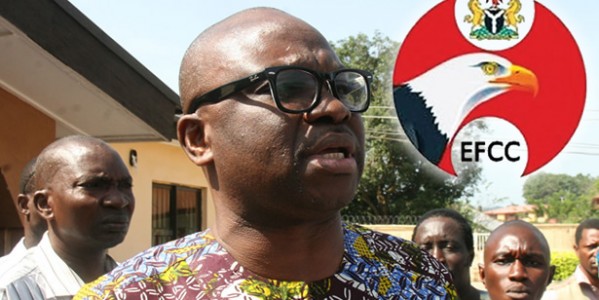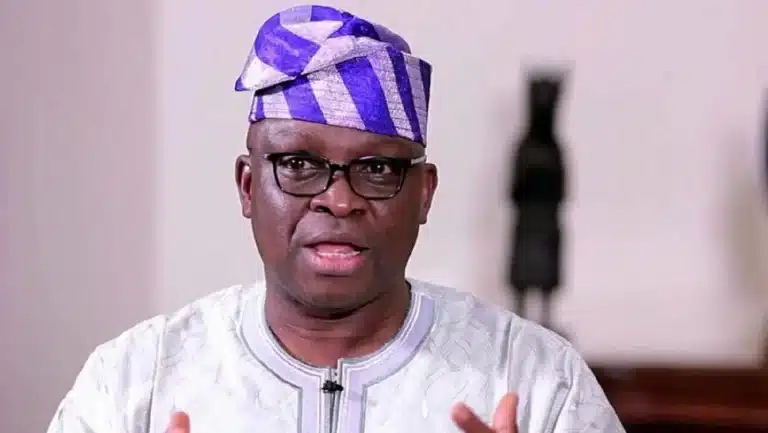Drug case: FBI, DEA request more time to produce Tinubu's records
Two United States agencies, the Federal Bureau of Investigation (FBI) and the Drug Enforcement Administration (DEA), are seeking a three-month extension from the United States District Court for the District of Columbia to release documents relating to President Bola Tinubu’s drug trafficking allegations.
Tinubu was indicted in a US federal investigation in the early 1990s over heroin trafficking and money laundering activities in Chicago and became the subject of this investigation in January 1992.
In 2022, the founder of the legal transparency platform PlainSite, Aaron Greenspan, initiated a series of Freedom of Information Act (FOIA) requests concerning US federal investigations into a Chicago-based drug ring.
He is seeking the release of records connected to this drug ring. Greenspan named Tinubu and three other individuals: Abiodun Agbele, Mueez Abegboyega Akande, and Lee Andrew Edwards.
These requests were submitted to various U.S. agencies, including the Drug Enforcement Administration (DEA), the Executive Office for U.S. Attorneys (EOUSA), and the Department of State, between July 2022 and April 2023.
The court ordered the FBI and DEA to release the documents by May 2, 2025.
Both agencies have, however, failed to produce the documents and are now seeking an extension.
“Aaron Greenspan (“Plaintiff”) and Defendants Federal Bureau of Investigation (FBI) and Drug Enforcement Administration (DEA), the only remaining defendants in this case, respectfully submit the following joint status report proposing a schedule to govern further proceedings, pursuant to the Court’s Order of April 8, 2025 (ECF No. 47),” the latest status report reads.
“Pursuant to the court’s order, the defendants, FBI and DEA must search for and produce non-exempt records responsive to the plaintiff’s FOIA requests (FBI Requests Nos. 1588244-000 and 1593615- 000, and DEA Request Nos. 22-00892-F and 24-00201-F).
“The FBI and DEA have initiated their searches for responsive, non-exempt, reasonably segregable portions of records requested by the plaintiff and anticipate completing their searches in ninety days.”
Greenspan kicked against their extension, noting that responsive documents have already been identified and is requesting a one-month deadline.
“Given the years-long delay already caused by the defendants and the fact that many responsive documents have already been identified, the plaintiff proposes that the FBI and DEA complete their searches and productions by next week, or, at the very least, produce unredacted versions of the already-identified documents by next week, with the remainder completed in 14 days,” Greenspan said.
“The defendants provide no rationale for why their search for documents should take 90 days.
“The FBI and DEA have initiated their searches for responsive, non-exempt, reasonably segregable portions of records requested by the plaintiff and anticipate completing their searches in ninety days.”
You may also like...
POLITICS:SHOULD POLITICIANS EARN THE MINIMUM WAGE?
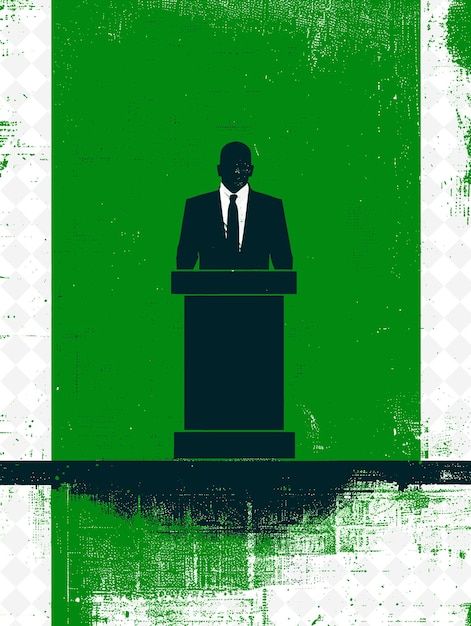
What if your president earned the same as a teacher? This bold essay explores the growing divide between political elite...
Erased or Ignored? The Forgotten Female Heroes of African History”
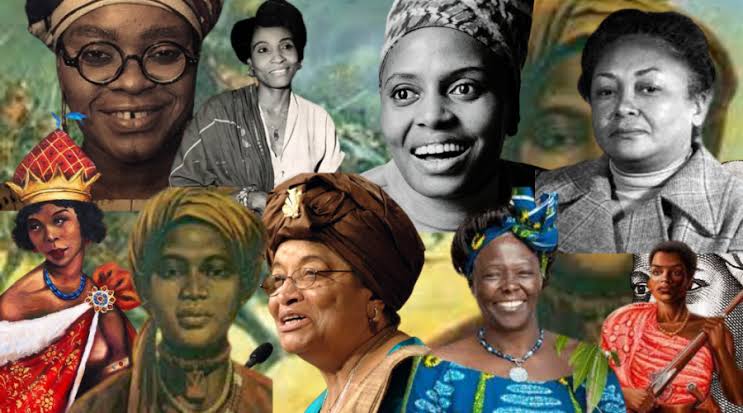
Discover the untold stories of Africa’s forgotten female heroes—from warrior queens and resistance leaders to spiritual ...
Africa's Growth Paradox: Why Booming Economies Aren't Delivering Jobs for Its Youth Majority

Africa's GDP is rising, but youth unemployment persists. Uncover the disconnect between economic growth and job creation...
Emotional Blackmail in African Homes: Love, Guilt, and Obedience

Explore how emotional blackmail shapes relationships in African homes—where love is often tangled with guilt, obedience,...
SOCIAL INSIGHT: IS MARRIAGE STILL RELEVANT IN THE 21ST CENTURY?

Once seen as the ultimate milestone of adulthood, marriage is now being questioned, redefined, and reimagined. This essa...
Urban African Youth and the Rebirth of Cultural Identity
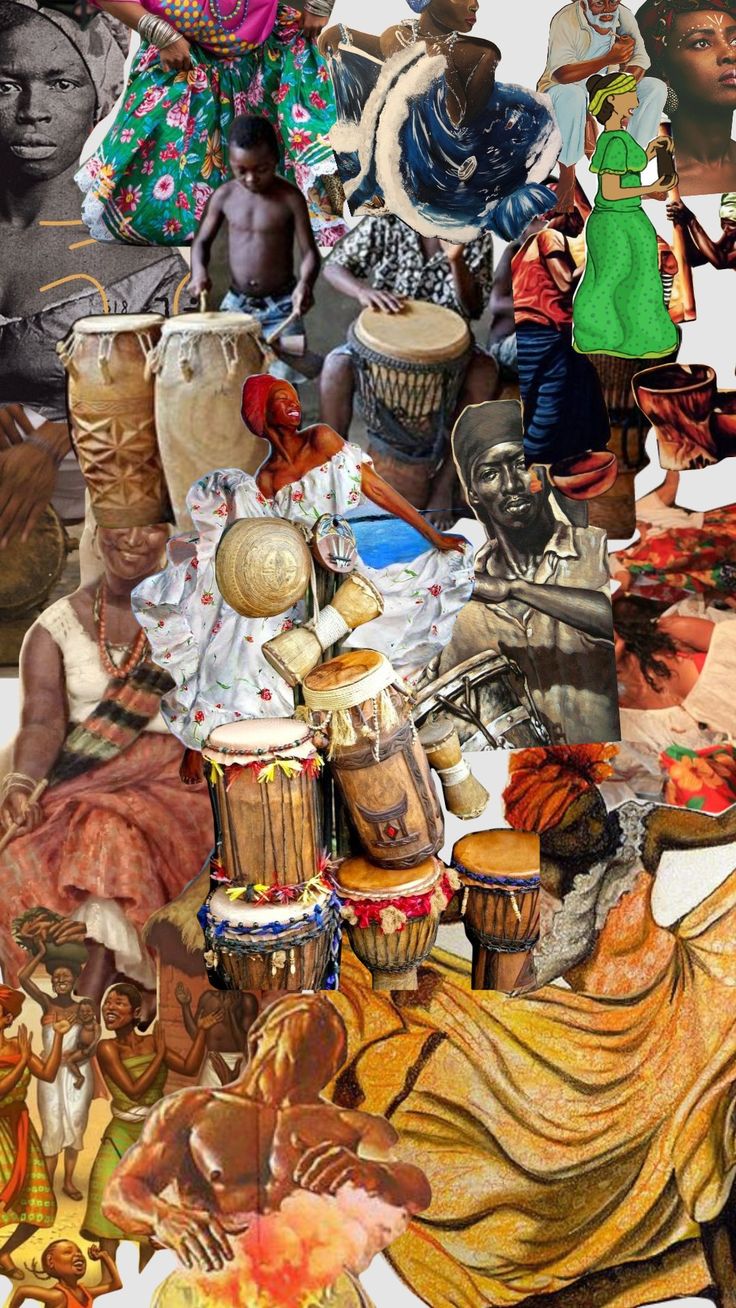
Urban African youth are redefining cultural identity through music, fashion, technology, and activism. From Kenya to Sou...
What Happens to African Girls Who Say No?
(3).jpeg)
Explore the struggles and resilience of African girls who dare to say no to forced marriage, gender-based violence, and ...
The African Dream Is Still to Leave Africa
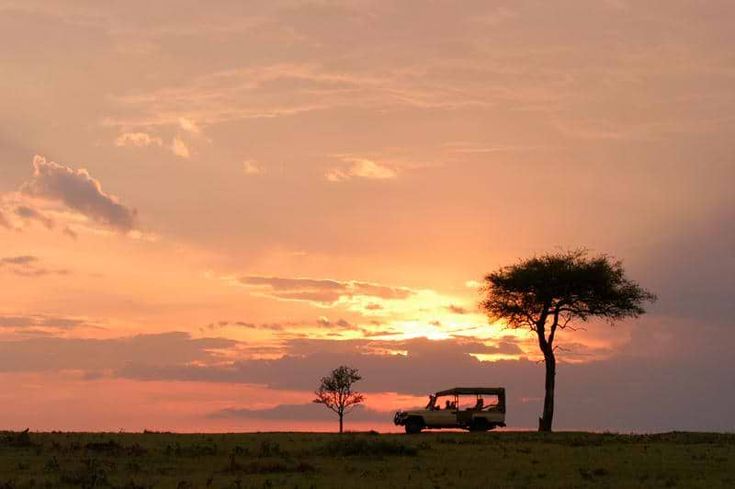
For many young Africans, the dream isn’t to build Africa — it’s to leave it. This piece explores why the African Dream o...
